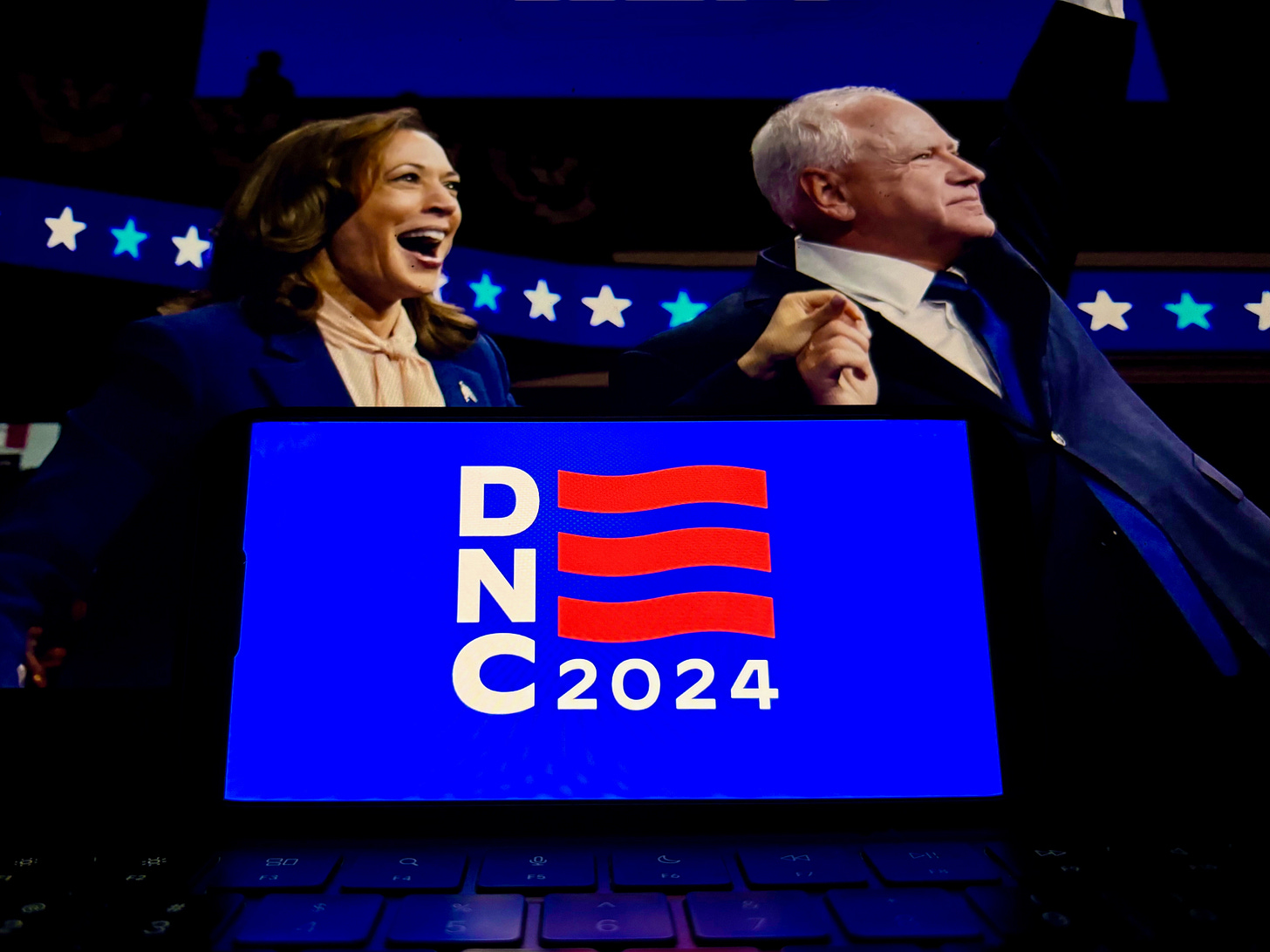Trump Triumph Drives Democratic Party Reform
How can the Democratic Party change its approach in order to recoup from its failures in 2024?
The 2024 presidential election, anticipated as potentially one of the closest elections in history, shocked many after Donald Trump’s landslide victory of 312 electoral votes to Kamala Harris’ 226. Following the Jan. 6th capitol riots and Trump’s status as a convicted felon, many Democrats believed his political career was over. Instead, this sweeping Republican victory, bolstered by gains in the House and Senate, left Democrats scrambling to reassess their strategy.
Proponents and analysts of the Democratic Party at Georgetown have voiced several opinions regarding the pitfalls and lessons for the Democratic Party from this election cycle.
First, the Democratic Party’s campaigns mainly focused on activism issues, identity, and appeals to character, rather than strategies targeting working class voters. Meanwhile, the hot topic of the U.S. economy sat at the heart of the Republican triumphs, with high inflation making the incumbent party fall out of favor.
Zoe Broderick, a student studying Government at Georgetown College, believes Democrats overemphasized social issues and virtues. “While this centering of social issues is critical and necessary, I think that the top issues for most Americans, especially those living paycheck to paycheck, is improving the economy and reducing inflation.”
Broderick also believes Harris did not have adequate time to pitch herself to Americans, explaining, “Biden dropped out after the first debate, giving her less time to directly counter Trump's policy stances on a national stage.”
A similar sentiment was shared by Simone Guite, membership director of Georgetown University College Democrats. She believes that, despite the economy’s notable recovery from the pandemic, voters attached the state of the economy to the Biden administration instead of larger economic forces “I think the Democrats would have had a better chance at overcoming this trend if Biden had never run and there was a primary that selected a candidate outside of the current administration.”
And while Democrats argue that their economic plans are more advantageous to the working class and America as a whole, the communication of these idea to the American people fell short in hindsight. Guite canvassed in rural Pennsylvania during this election cycle and connected with undecided working class voters, who cited concerns over Trump’s social policies and ties to Project 2025. However, there were more pressing concerns over the economy. Guite concludes,
“We need to work to have more conversations with these types of voters to continue to hear their concerns, and work to build a party that includes them.”
As some Democratic Senate and House candidates outperformed Harris, Guite also believes Democrats should analyze these races and replicate what worked in these campaigns.
Guite reminds,“There are a lot of competitive races in 2026, so we need to evaluate our performance in this election now to be prepared in two years.”
Georgetown students that want to see Democratic wins in the future believe the party should aim to change their messaging and reach working class voters. While social issues remain important, Democrats must figure out how to connect their platform to economic issues to successfully address the concerns and ambitions of the American people in a Post-Trump era.





